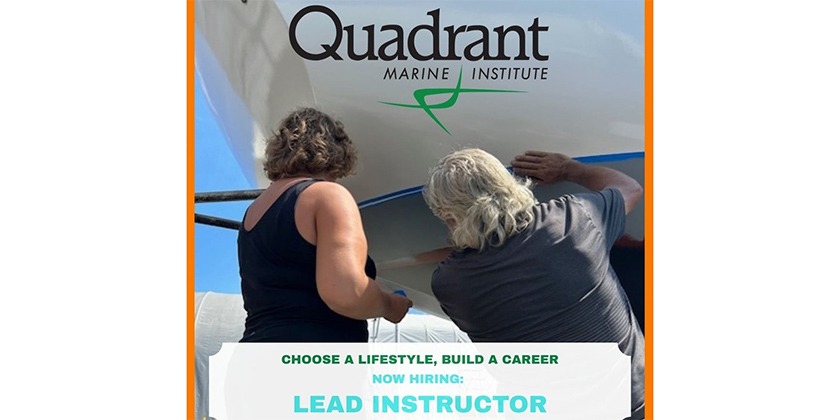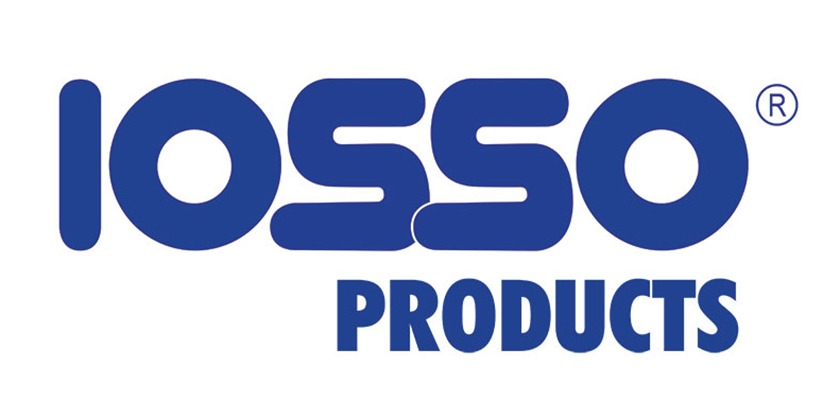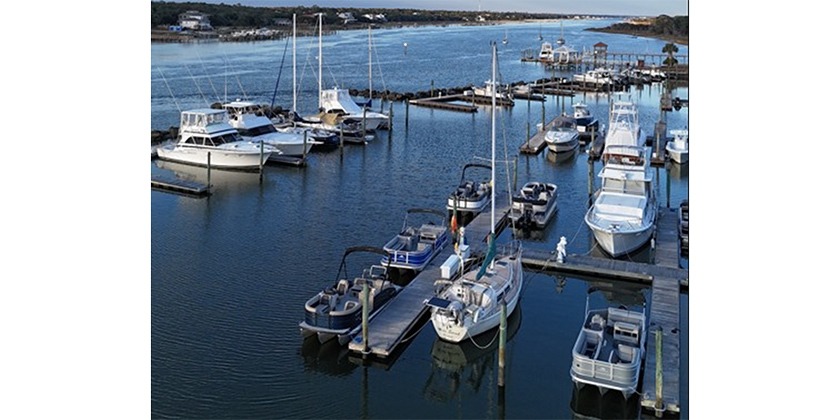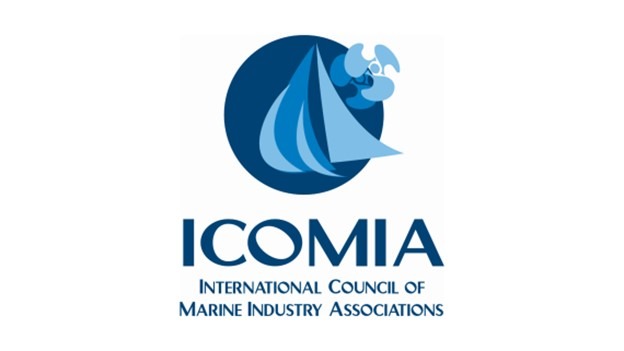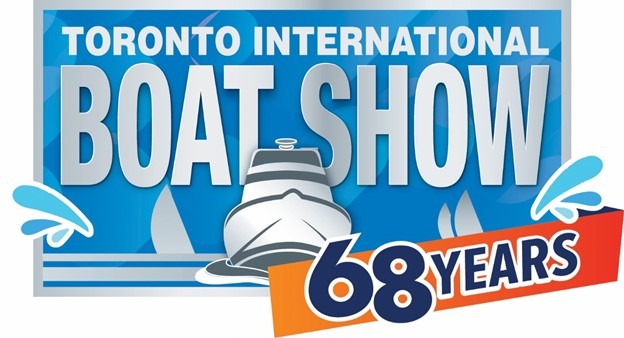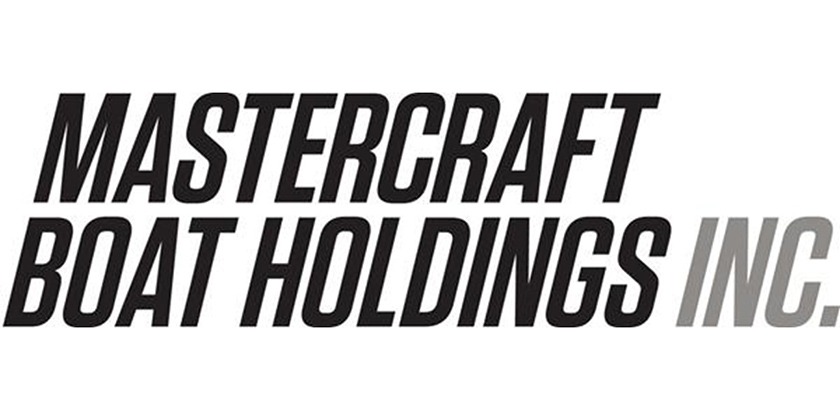Does Your Business Benefit From Superyacht Visitors in the Great Lakes?
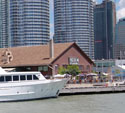
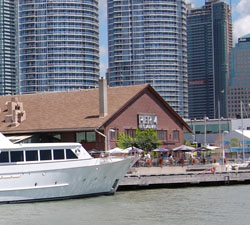 We recently learned about a legislation change that could have a significant impact on the number of superyachts traveling through the Great Lakes. Now, non-Canadian vessels over 35 metres (115 feet) going into the Canadian Great Lakes will be required to have a pilot aboard.
We recently learned about a legislation change that could have a significant impact on the number of superyachts traveling through the Great Lakes. Now, non-Canadian vessels over 35 metres (115 feet) going into the Canadian Great Lakes will be required to have a pilot aboard.
We want to know; does your business benefit from superyacht visitors?
We first learned of this when Brian Donovan of Premier Marine Services, Halifax, Nova Scotia raised the issue with the Atlantic Marine Trades Association, explaining that as of July 1st, 2011, non-Canadian vessels over 35 metres going into the Canadian Great Lakes will have to have a pilot aboard. Brian is a mega yacht agent in Halifax and very connected with this growing industry. He wondered why nobody in Ontario seemed to be aware of this legislation and he wanted to know what could be done to facilitate passage of larger pleasure yachts into the Great Lakes without this onerous requirement.
From there, AMTA executive Director Pat Nelder reached out to the other marine trade associations and they rallied their resources to learn more. Through the AMQ, Boating Ontario, NMMA Canada, the BCMTA and even former BCMTA manager Jane McIvor who now publishes BC Shipping News, many people got involved. One of the first to send information back was Michael Vollmer who learned that indeed this regulation change had occurred.
Jane McIvor was able to reach Fred Denning who said that on the west coast, requirements for a vessel needing a Pilot are based on the ship’s gross tonnage, not length. Under Section 9 (1) of the Pacific Pilotage regulations, it states that all pleasure craft over 500 gross tons will require a Pilot. He mentioned that there are very specific terms under which a waiver may be granted for a yacht and he suggested we speak with Kevin Obermeyer.
Kevin Obermeyer who is CEO of the Pacific Pilotage Authority responded, saying that he has never heard of this regulation and is surprised because he just met his Canadian counterparts at a meeting and no one mentioned this. He also pointed out that in BC, the requirement for private yachts is based on 500 gross tonnes and they did this to match the US requirements. On the other hand, he also pointed out that in the Great Lakes where locks can be tricky to get through, a pilot would be a good idea.
The AMTA learned that there is a link to the Canada Gazette 11 July 6, 2011
http://www.gazette.gc.ca/rp-pr/p2/2011/2011-07-06/pdf/g2-14514.pdf and the regulation starts on page 1277, and is in force as of July 1, 2011. It seems this proposal went to Canada Gazette 1 March 26, and with CMAC meetings all cancelled this past spring due to the election, it is not surprising that the recreational boating industry did not know about it.
Sara Anghel, Executive Director/Vice President Government Relations at the National Marine Manufacturers Association (NMMA) Canada was also not aware of this and she was quick to get involved, but she pointed out that following the publication process in Canada Gazette and with no apparent opposition, the regulation is now passed.
Superyachts do travel through the Great Lakes. If a superyacht breaks down or is damaged, it could have a very big financial benefit to repair yards and many marine technicians. It could also benefit businesses providing provisioning, catering and other expensive services to superyachts that come to visit our shores.
There is a tourism impact as well; these yachts draw a crowd when they visit a city harbour.
While most jurisdictions around the world have similar pilotage requirements for a wide range of safety and security reasons, the requirements are usually for vessels above 200 tons in displacement – in other words large commercial vessels carrying cargo or passengers, usually on a schedule and usually through good weather or bad.
The new 35 meter level is believed to be the lowest level in the world. Bringing a pilot on board could be a significant inconvenience as well as a significant added cost. Perhaps more than the mere cost, owners and guests will have the pilot, a total stranger aboard their private yacht and the pilot has to be arranged well in advance, eliminating any changes in travel plans based on weather or personal decisions.
We are concerned that this will simply be unacceptable to the superyacht captains who are globally, a very tight-knit group and who are charged with ensuring their owners and guests pleasure and comfort at all times. The new pilotage requirements will simply make visiting or passage through the Great Lakes, much less desireable. The superyachts will just go elsewhere, or will stay in American waters.
Will this new requirement impact your business? Do you feel you would be willing to write a letter to the Minister requesting that this regulation be reviewed?
Contact your MTA or Boating Industry Canada at aadams@kerrwil.com






